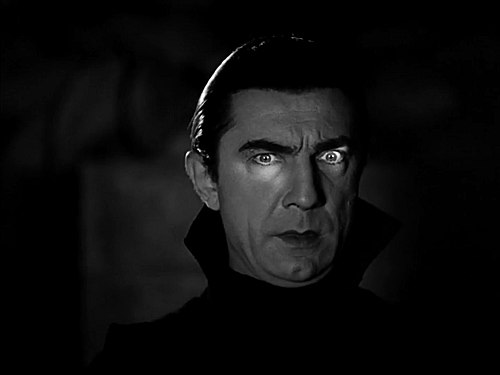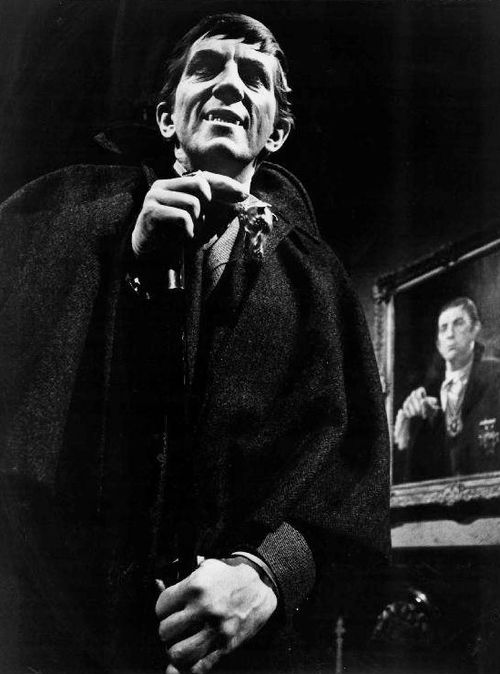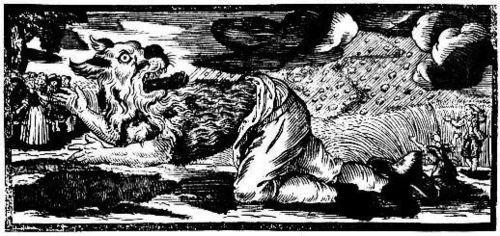Vampirenoun
A mythological undead creature said to feed on the blood of the living.
Vampirenoun
(colloquial) A person with the medical condition Systemic lupus erythematosus, colloquially known as vampirism, with effects such as photosensitivity and brownish-red stained teeth.
Vampirenoun
A blood-sucking bat; vampire bat (Desmodus rotundus)
Vampirenoun
A person who drains one's time, energy, money, etc.
Vampireverb
To drain of energy or resources.
Vampirenoun
A blood-sucking ghost; a soul of a dead person superstitiously believed to come from the grave and wander about by night sucking the blood of persons asleep, thus causing their death. This superstition was once prevalent in parts of Eastern Europe, and was especially current in Hungary about the year 1730. The vampire was often said to have the ability to transform itself into the form of a bat, as presented in the novel depicting the legend of Dracula published by Bram Stoker in 1897, which has inspired several movies.
Vampirenoun
Fig.: One who lives by preying on others; an extortioner; a bloodsucker.
Vampirenoun
Either one of two or more species of South American blood-sucking bats belonging to the genera Desmodus and Diphylla; also called vampire bat. These bats are destitute of molar teeth, but have strong, sharp cutting incisors with which they make punctured wounds from which they suck the blood of horses, cattle, and other animals, as well as man, chiefly during sleep. They have a cæcal appendage to the stomach, in which the blood with which they gorge themselves is stored.
Vampirenoun
Any one of several species of harmless tropical American bats of the genus Vampyrus, especially Vampyrus spectrum. These bats feed upon insects and fruit, but were formerly erroneously supposed to suck the blood of man and animals. Called also false vampire.
Vampirenoun
(folklore) a corpse that rises at night to drink the blood of the living
Vampire
A vampire is a creature from folklore that subsists by feeding on the vital essence (generally in the form of blood) of the living. In European folklore, vampires are undead creatures that often visited loved ones and caused mischief or deaths in the neighbourhoods they inhabited while they were alive.
Werewolfnoun
(mythology) A person who is transformed or can transform into a wolf or a wolflike human, often said to transform during a full moon.
Werewolfnoun
A person transformed into a wolf in form and appetite, either temporarily or permanently, whether by supernatural influences, by witchcraft, or voluntarily; a lycanthrope. Belief in werewolves, formerly general, is not now extinct.
Werewolfnoun
a monster able to change appearance from human to wolf
Werewolf
In folklore, a werewolf (Old English: werwulf, ), or occasionally lycanthrope (Greek: λυκάνθρωπος lukánthrōpos, ), is a human with the ability to shapeshift into a wolf (or, especially in modern film, a therianthropic hybrid wolflike creature), either purposely or after being placed under a curse or affliction (often a bite or scratch from another werewolf) with the transformations occurring on the night of a full moon. Early sources for belief in this ability or affliction, called lycanthropy , are Petronius (27–66) and Gervase of Tilbury (1150–1228).



























